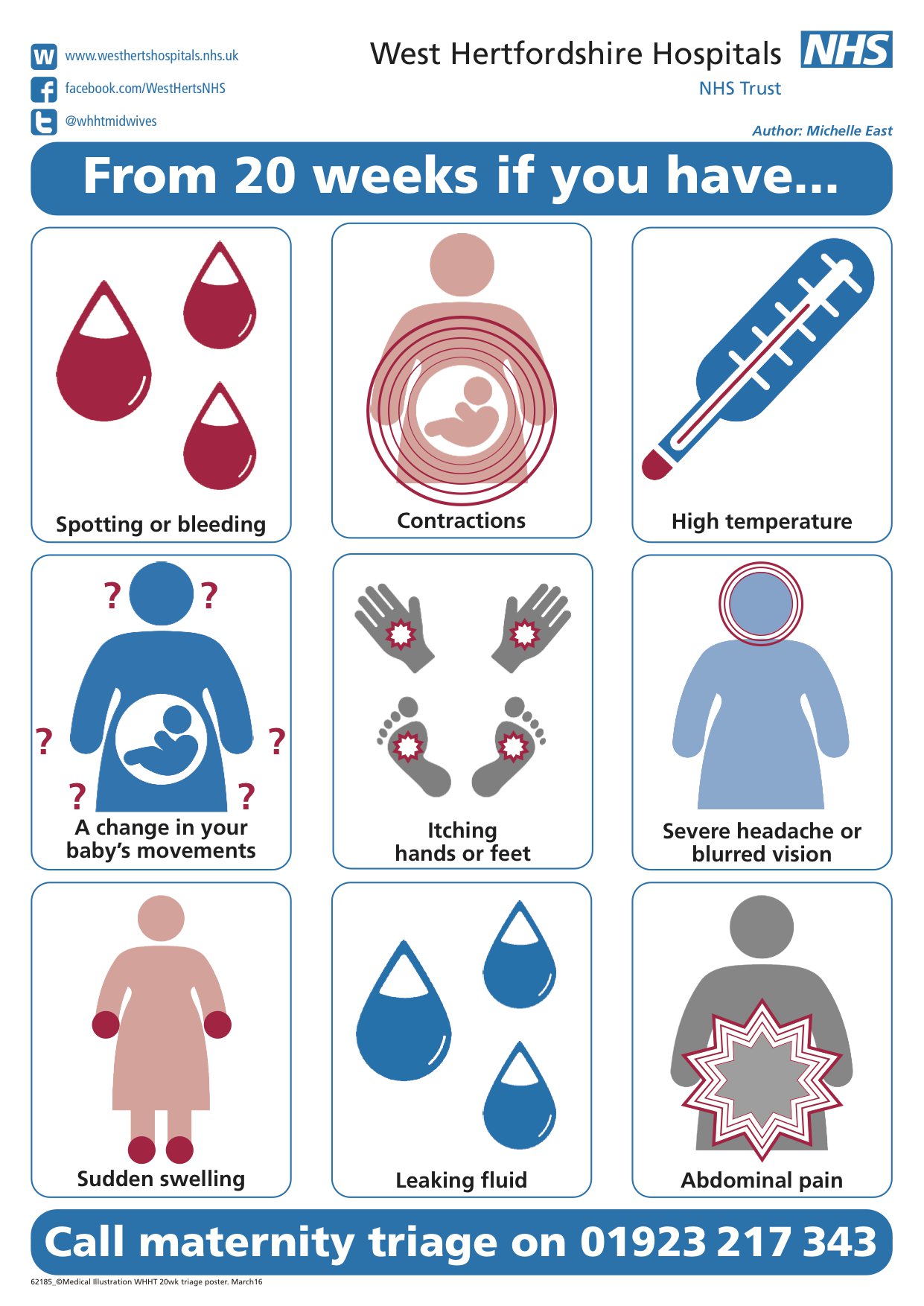With the findings of the recent Maternity Review putting even greater control in the hands of pregnant women, it is more important than ever that women feel empowered to make decisions that are right for them. This requires them having access to credible sources of information.
Social media provides us with a unique opportunity to address serious issues with women that may otherwise be left to somewhat dubious sources of information. It enables us to deliver a consistent message en-masse and ensures that women have access to evidence-based information. It opens up opportunities for discussion and innovation in care.
With this in mind, we have established a Twitter account to provide women with a vital source of evidence-based information that is non biased and Trust specific.
It aims to create stronger links between midwives within the Trust and our local community. It encourages discussion and aids communication. Our Twitter feed communicates messages that start with early pregnancy and carry women through to the early days with a newborn. It enables us to provide up to date information about local groups that offer peer support for breastfeeding and provides information about our programme of antenatal classes, how to access our services and when, advice for coping during the latent phase of labour, stopping smoking, diet and exercise, vital information about screening and newsworthy information such as the Zika virus outbreak and its implications for pregnancy. The list is endless.
Interestingly, the creation of our Twitter account has encouraged some very healthy debate amongst midwives within our Trust too. It has given local recognition to our vulnerable adults team that support our vital perinatal mental health service and encouraged our more junior members of staff to work collaboratively with their more experienced colleagues to pull together content. It has also established links with our paediatric team and is encouraging shared learning with our neonatal nurses.
As an initiative, it is still in it's infancy, but so far has enabled us to gain some very positive feedback from women that have used our services which is raising staff morale and the image of our Trust externally. One particular issue we face is the complexity of self referral to our maternity services as it is gestation and condition specific, with this in mind we created an infographic to ensure there is no confusion around when and how to self refer for urgent problems. This is particularly important with the launch of the Saving Babies' Lives care bundle that has been launched this week highlighting the need for better education around fetal wellbeing in order to prevent unnecessary stillbirths.

